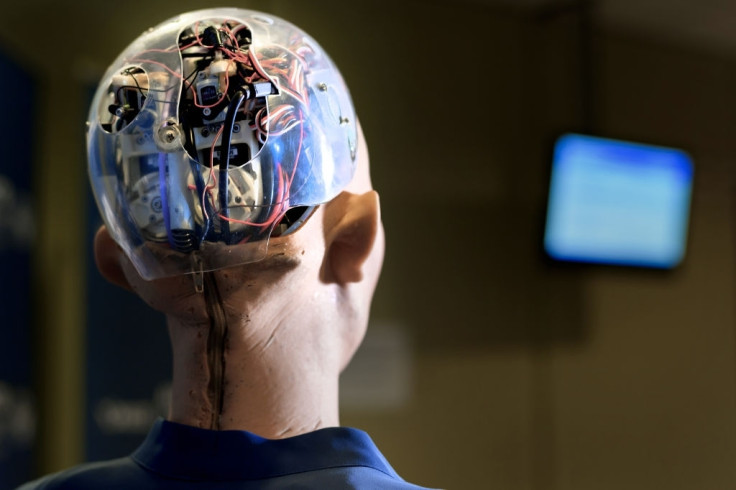AI-designed molecule shows medicinal properties
The molecule, which has been designed using deep learning algorithms can rapidly identify DDR1 Kinase exhibitors.
Artificial Intelligence is not only used in smartphones; it is also being used in different paradigms. A company called Insilico Medicine is using it to create drugs. It is using AI to identify new molecules which can bind with tissue scarring. They then synthesised these proteins together to see what they get.
They found that the molecule made using AI could actually attack a protein responsible for fibrosis. The team behind the project, led by Alex Zhavoronkov, states that the molecule exhibits "drug-like" properties, Wired reports. It is conducting tests on mice to discover if it works when integrated with live cells.
It also tested lots of molecules before selecting the final one.
It is interesting to note that, AI is actually using permutations and combinations to arrive at a conclusion that a regular chemist would do after years of practice and research. However, it is not just data mining but creative use of AI, which tries combinations of drugs. The fact that it is making new discoveries points out that it is a creative process.
Right now, it has to go through a lot of testing before clinical trials. But, since this is the first of its kind, the process is expected to become better over time for such AI-generated medicines.
The future as yet cannot be ascertained. However, if this is the sign of what's to come, then, it will definitely initiate credible advances and most importantly cut costs. Currently, it takes around 2.6 billion dollars to get a new drug from the lab to the market. AI-based drugs might take a lot of initial costs off and make medicines cheaper for the end-consumer.
However, to get happy about the development right now might be premature, simply because only real-world validation will prove the potential of the drug. Yet, it seems to hold out hope for people suffering from life-threatening diseases such as fibrosis. It could take maybe a decade, but the scope seems great and might generate potential investments which will further research and development of AI-generated drugs.

© Copyright IBTimes 2025. All rights reserved.





















